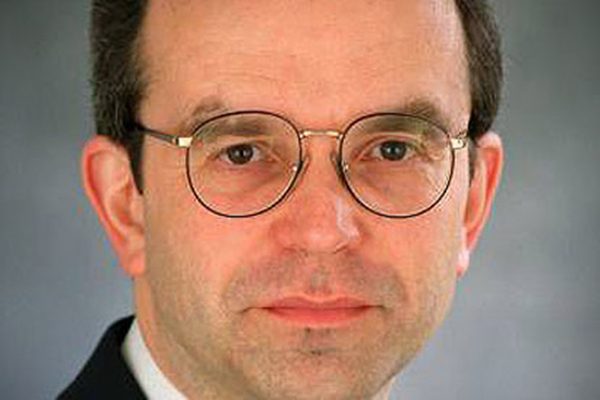Stanford’s David Pitt-Watson on Entrepreneurship as a Basic Freedom

David Pitt-Watson, Stanford Graduate School of Business MBA ’80, has worn many hats in the business world. He has been social entrepreneur, politician and financier. As the co-founder and CEO of Hermes Focus Asset Management, known as the Focus funds, Pitt-Watson advocated that investment funds should act as if they are the owners of companies rather than the traders of shares of stock. This led him to become best known as a shareholder activist and promoter of responsible investment practices.
Pitt-Watson sat down with his alma mater and discussed the value of tolerance, the difficulties of resilience and the downside of aid. Here are a few highlights from that interview.
In 10 words or fewer, what is the big idea behind your business?
“Big companies are owned by millions of people; they should behave that way.”
What inspires you?
“Seeing things that can be made better. I especially love it when I meet young people who have a similar fire in their belly.”
Why are you an entrepreneur?
“I was always quite nervous about big companies and what they were for. I always had the sense that entrepreneurship gives freedom and a chance to express yourself. Entrepreneurship should be taught in high school. It’s a basic freedom everyone should have.”
What advice would you give other entrepreneurs on how to build a great business?
“Have a purpose that you believe in. You need to know why you are doing it, because you will work hours and hours doing it and struggle away at it. If you create a business with no purpose, even if you are successful and you make money at it, what is the point? I think it is like being an athlete who takes performance-enhancing drugs: Even if you win the Olympics, what was the point? You only won because you took drugs.”
What is the most valuable thing you took away from your time at Stanford?
“The ability and confidence to question things. There are some very good people in politics and in business, but often, as they hit new problems, the foundation of their knowledge is thin. When they don’t have an answer, they move on. I think I have the confidence and knowledge to ask the difficult questions, maybe even come up with better solutions, and I don’t think that would be possible without Stanford.”
You can read the full interview here.

